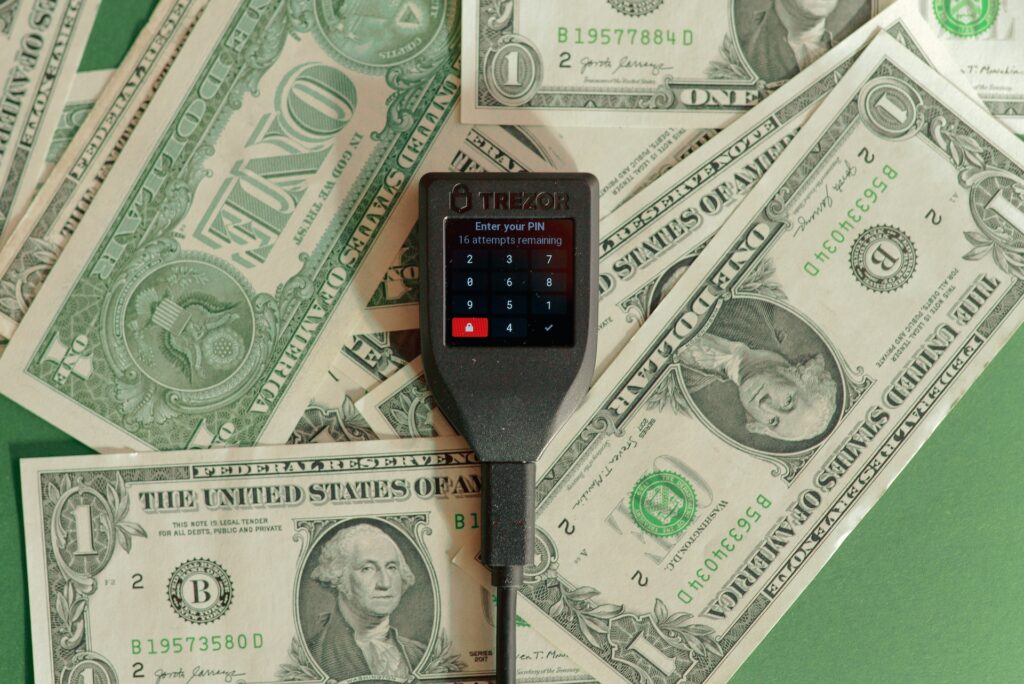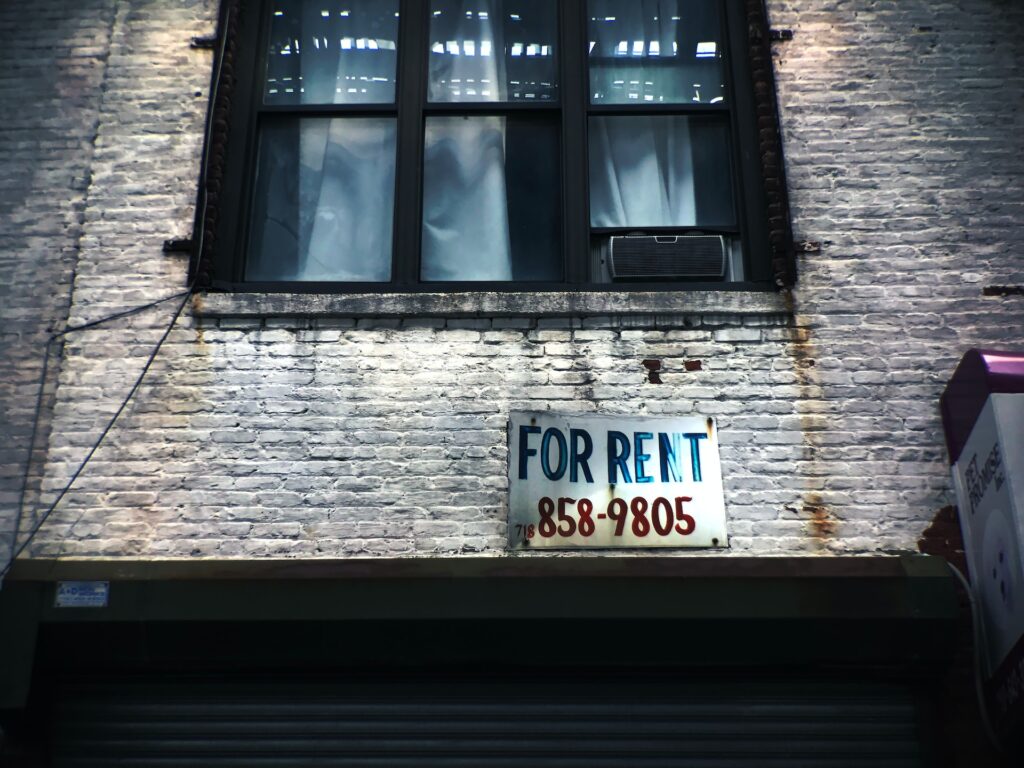Introduction
Embarking on a rental journey in the Netherlands brings the security deposit, or “borg,” into sharp focus. This essential component of Dutch renting serves as a financial assurance for landlords, safeguarding against potential damages or unpaid rent. As a renter, understanding and managing your security deposit is key to a smooth tenancy experience. In this guide, we delve into what constitutes a fair security deposit, strategies for its safekeeping, and steps to ensure its full return. We aim to equip you with the knowledge and tools needed to confidently navigate the nuances of rental agreements. Let’s embark on this informative journey together, ensuring your renting experience in the Netherlands is both secure and stress-free.

What is Rent Deposit (Borg)?
In the Dutch rental landscape, the ‘borg’ or security deposit is vital. Here’s a breakdown to help you navigate this key aspect:
- Definition and Purpose: The ‘borg’ is a sum you pay at the start of your tenancy. Its primary role is to act as a safeguard for the landlord against potential damages or unpaid rent.
- Payment Method:
- Preferred Method: Always opt for a bank transfer to pay this deposit. It provides a clear, traceable record of the transaction.
- Cash Payments: If paying in cash is your only option, keeping the receipt is crucial. This step is vital in preventing future misunderstandings about the payment.
- Amount of Deposit:
- General Rule: The typical range for a security deposit in the Netherlands is one to three months of basic rent.
- Legal Perspective: Demands exceeding this range can be viewed as unreasonable by the courts.
- The Role of the Deposit: It’s more than just a financial commitment; it’s a testament to your responsibility and care for the property.
- Handling Disputes: If there’s disagreement over the deposit amount or its return, having a clear record of your payment and the property’s condition is essential.
Understanding these facets of the security deposit is crucial for a smooth rental experience in the Netherlands. This knowledge not only secures your financial interests but also fosters a trustworthy relationship with your landlord. Keep these points in mind as you embark on your rental journey, ensuring you stay informed and prepared.
The Amount of Security Deposit
Determining the amount of a security deposit, or ‘borg,’ in the Netherlands is a crucial aspect for any renter. Here’s a breakdown of key points to understand:
- No Legal Cap: Dutch law does not specify a maximum limit for security deposits. This absence of a legal ceiling means the amount can vary significantly depending on the landlord.
- Typical Range: Generally, landlords set the security deposit at about one to three months of the basic rent, a range most rental scenarios consider standard and reasonable.
- Exceeding the Norm: If a landlord demands a deposit exceeding three months of rent, it often raises eyebrows in the legal realm. Courts in the Netherlands usually view such excessive demands as unjustifiable.
- Landlord’s Discretion: While landlords have some freedom in determining the deposit amount, they must ensure it is reasonable and justifiable. It’s a balancing act between securing their property and respecting tenant rights.
- Tenant’s Vigilance: As a tenant, being aware of these norms is vital. Questioning and negotiating an unusually high deposit can save you from potential financial strain.
- Documentation and Agreement: Always ensure to clearly document the agreed-upon security deposit amount in the rental agreement. This documentation serves as a crucial reference in case of any future disputes.
Understanding these aspects of the security deposit helps you as a renter to navigate the Dutch rental market more confidently. It equips you with the knowledge to engage in fair negotiations and to protect your financial interests effectively.

The Role of Security Deposit
Understanding the role of the security deposit, or ‘borg,’ is essential for renters in the Netherlands. Here’s an insight into its multifaceted purpose:
- A Financial Safeguard: The primary role of the security deposit is to act as a financial safety net for landlords. It secures against potential damages to the property or unpaid rent by the tenant.
- Tenant Responsibility: For tenants, the security deposit signifies a commitment to maintaining the property’s condition. It’s a tangible reminder to treat the rented space with care, as any damages could lead to a portion of the deposit being withheld.
- End of Tenancy: Upon the tenancy’s conclusion, the deposit plays a critical role. If you, as the tenant, have fulfilled all contractual obligations and left the property undamaged, the deposit should be fully returned.
- Covering Damages: In instances where there is damage to the property, the landlord may use the security deposit to cover repair costs. However, this is not a unilateral decision. The landlord must provide clear justification and evidence of the damages.
- Dispute Resolution: Disagreements over the security deposit can lead to legal proceedings. If you believe your deposit has been wrongfully withheld, you have the right to challenge the landlord’s decision, potentially in court. This will be discussed in detail in the following sections.
- Proactive Measures: To avoid disputes, ensure thorough documentation of the property’s condition both at the start and end of the tenancy. This practice can serve as critical evidence in protecting your rights and ensuring a fair process for the return of your security deposit.
By understanding the multifunctional role of the security deposit, you can better navigate your rental journey in the Netherlands. It’s a tool that, when managed wisely, can ensure a smooth and equitable rental experience for both parties involved.
Security Deposit vs. Key Money
In the Dutch rental market, it’s crucial to understand the difference between a security deposit, known as ‘borg,’ and ‘key money’ or ‘sleutelgeld.’ Here’s a clear breakdown of the two:
- Security Deposit (Borg):
- Purpose: The security deposit serves as a financial assurance for landlords against potential damages or rent arrears.
- Refundable: It is typically refundable at the end of the tenancy, provided the property is in good condition and all rent has been paid.
- Legal Backing: The security deposit is a legally recognized and accepted practice in the Netherlands.
- Key Money (Sleutelgeld):
- What it is: Key money refers to a fee charged by some landlords or agents for granting access to the rental property.
- Legality: Unlike the security deposit, key money is illegal in the Netherlands. It’s considered a form of illicit brokerage fee.
- Avoidance: As a renter, you should be wary of any requests for key money. Such demands are not only unethical but also against Dutch rental laws.
- Clear Distinction: The key distinction lies in the legality and purpose. While security deposits are a standard and legal part of rental agreements, key money is an unlawful charge.
- Protecting Your Rights: As a renter, knowing this difference is vital. If confronted with a key money request, you have the right to refuse and even report such practices. It’s essential to stay informed and vigilant to protect yourself from illegal rental practices.
Understanding this distinction empowers you as a renter. It ensures that you engage in fair and legal rental practices, protecting your rights and financial interests in the Dutch rental market.

Not Getting Your Deposit Back?
Encountering issues with getting your security deposit back can be a stressful part of renting in the Netherlands. If you find yourself in this situation, here’s a step-by-step guide on how to address the issue and fight for your deposit:
Communication with your Landlord
- Initial Communication: Start by reaching out to your landlord. Open a line of communication by sending a polite yet firm email or letter, inquiring about the delay. Clearly state your expectation for the return of the deposit, referencing the terms of your rental agreement.
- Documentation is Key: Gather all relevant documentation, including your rental agreement, bank records showing the deposit payment, correspondence with the landlord, and photos or videos of the property’s condition at move-in and move-out. This evidence is crucial in case of disputes.
- Formal Written Request: If the landlord does not respond positively to your initial communication, escalate by sending a formal written request. This letter should state the facts, cite the law, and give a reasonable deadline for the deposit’s return. Mention your intent to pursue legal action if the matter is not resolved.
- Utilize Legal Templates: Use template letters from legal resources like the Juridisch Loket. These templates are designed to include all necessary legal jargon and can be more impactful.
- Registered Mail: Send your formal request via registered mail. This method provides proof that the landlord received your request, which can be important if you need to take further action.
Legal Recourse
- Seek Legal Advice: If the landlord still refuses to return your deposit, it’s time to get legal advice. Consult a lawyer or a tenants’ rights organization. They can offer guidance specific to your situation and may suggest the next steps, which could include mediation or court proceedings.
- Legal Aid Services: If you’re unable to afford a lawyer, explore options for legal aid. In the Netherlands, there are services and organizations that offer legal assistance at reduced costs or for free, depending on your income.
- Small Claims Court: For unresolved cases, consider taking the matter to small claims court. This option can be a cost-effective way to settle the dispute, especially if the amount involved is not excessively large.
- Gathering Evidence: Throughout the process, gather and organize all relevant evidence. This includes your rental agreement, correspondence with the landlord, bank statements showing the deposit payment, and any documentation of the property’s condition.
- Prevention for the Future: For future rentals, consider conducting the check-in and check-out inspections with a neutral third party. Document the state of the property meticulously to prevent similar situations.
- Awareness of Tenant Rights: Stay informed about your rights as a tenant. Knowing the legal framework regarding security deposits in the Netherlands can empower you to handle such situations more effectively.
Remember, persistence is key in these situations. Most landlords will prefer to settle the matter amicably rather than engage in a legal battle. Stay calm, organized, and assertive throughout the process to increase your chances of successfully reclaiming your security deposit.

Final Thoughts
Navigating the complexities of security deposits in the Dutch rental market demands vigilance and understanding. Armed with the knowledge of how ‘borg’ works, its legal implications, and the difference between legitimate security deposits and illegal key money, you stand in a stronger position to protect your interests. Remember, the key to safeguarding your rights lies in clear communication, meticulous documentation, and a proactive approach. Should you face challenges in getting your security deposit back, the structured steps outlined in this guide, from sending formal requests to seeking legal recourse, offer a clear pathway to resolution. By staying informed and assertive, you can navigate these waters with confidence, ensuring your renting experience in the Netherlands is both secure and just. Let this guide be your compass in the rental landscape, empowering you to stand up for your rights as a renter.







Pingback: Rental Agency Fees: Do You Have to Pay It? - Expat Estates